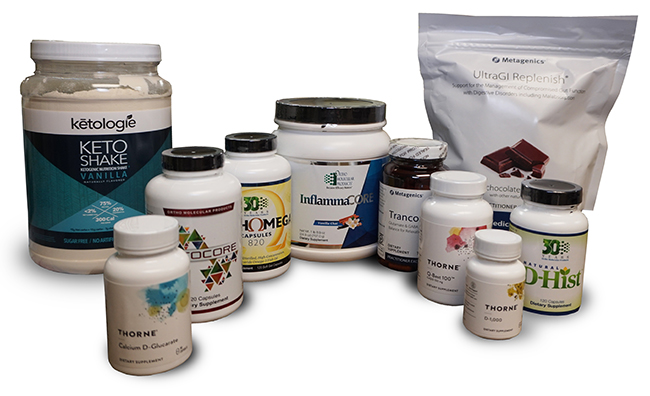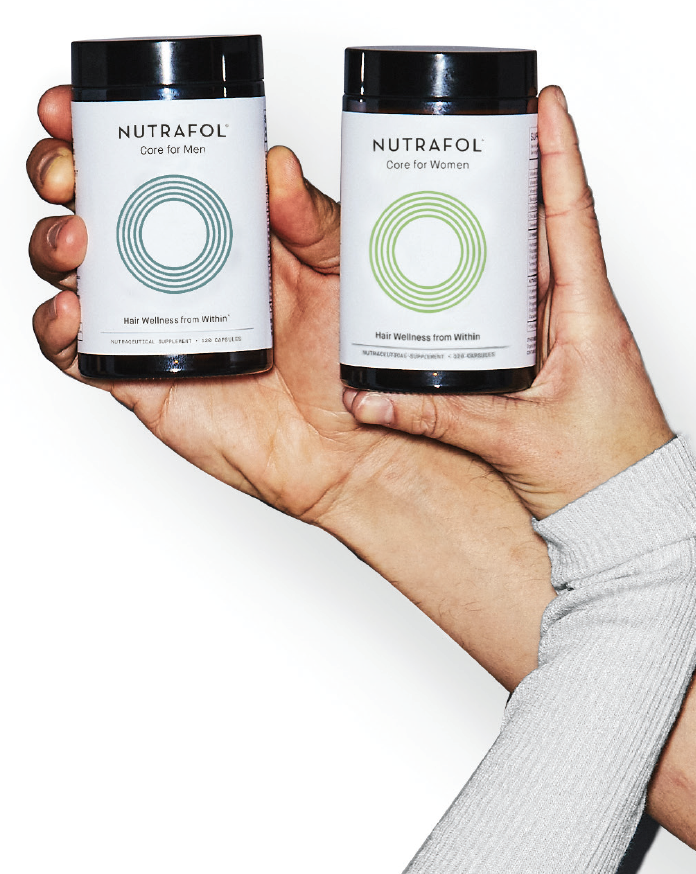Medical Grade Supplements
All Supplements Are NOT Created Equal
In health care, the quality of therapeutic substances should be a top concern of every patient. You can buy supplements from a lot of different places, but you can rarely be so assured of the quality of those substances. You also wouldn’t trust a grocery store clerk to know which prescription you should take — why would you trust them to give you advice on which supplements to take?

Wouldn’t it feel better to know you’re taking exactly what a medical doctor would have you take?
Our supplements are researched-backed, high-quality, and are considered medical-grade. Many supplements that we offer are only available through licensed medical practitioners. Our supplement therapy based approach promotes the body’s own healing and health maintenance mechanisms, facilitating recovery and empowering a harmony of happiness and health.
Medical Grade vs. Store Grade Supplements
Nearly 75% of the world population takes some type of supplement each day. There are literally thousands of brands and millions of products to choose from. Is there really a difference between them?
What’s in Those Retail Supplements?
The authorities said they had run tests on popular store brands of herbal supplements at the retailers — Walmart, Walgreens, Target and GNC — which showed that roughly four out of five of the products contained none of the herbs listed on their labels.
U.S. Pharmacopeial Convention
USP’s mission is to improve the health of people around the world through public standards and related programs that help ensure the quality, safety, and benefit of products.
.
Store Grade
Can allow capsules that include only 20% of what they say they contain. They may contain all of the ingredients in a batch but not per capsule, so you really don’t know what you are taking. The FDA allows questionable fillers and binders such as; cork by products, chemical FD&C dyes, sodium benzoate, dextrose, ethycellulose, and propylene glycol to name only a few. Although these ingredients may be legal, what are the nutritional benefits? Reports have indicate that some of these ingredients can be toxic at certain levels with prolong use.
Our professionally trained staff is here to help you succeed on your path to wellness. Should you have questions about our supplements they can offer the right advice.
Medical Grade –
Supplements must meet the USP, or the United States Pharmacopeia standards. The USP provides assurance to consumers of the purity of the capsule. It must contain in excess of 99% of the ingredients stated. In addition to this, the bioavailability is much higher in pharmaceutical based supplements than that of store or food grade vitamins.
Consuming medical grade supplements can prove useful for treating specific diseases, as the drug provides a dosage of vitamins without additives, which could affect the vitamin’s function. For example, medical grade niacin proves more effective than the over the counter version in treating high cholesterol, according to a study published in “Post-Graduate Medicine” in 2011.
We also offer essential oils, soaps, and lotions


